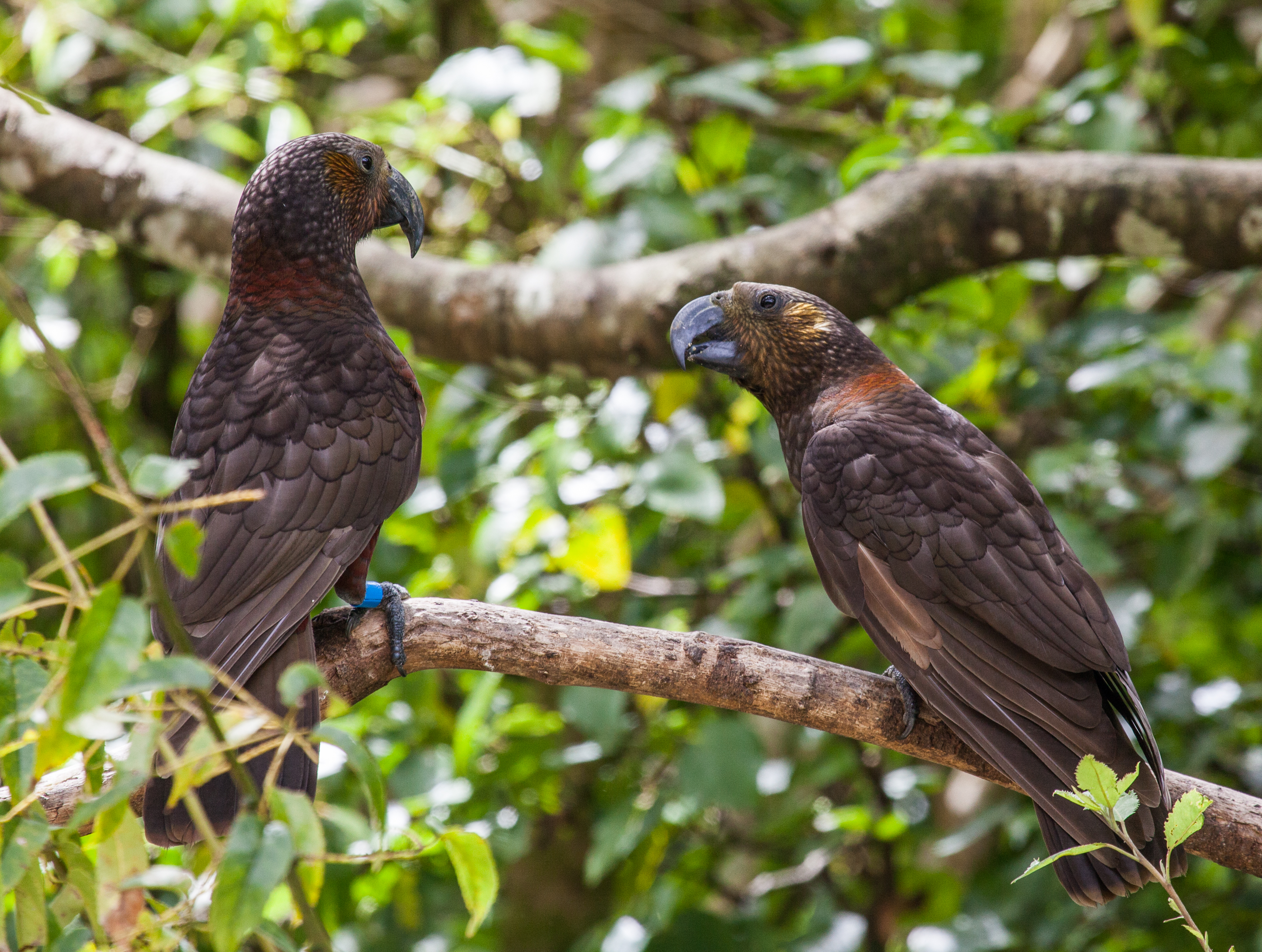News release
From:
Attachments
Note: Not all attachments are visible to the general public. Research URLs will go live after the embargo ends.

Journal/
conference: Science of the Total Environment
conference: Science of the Total Environment
Research:Paper
Organisation/s:
Massey University
Funder:
This research was supported in part by grants to A. Sriram and B. Gartrell from the Avian Health Research Fund, Institute of Veterinary, Animal and Biomedical Sciences, Massey University.



 New Zealand
New Zealand


